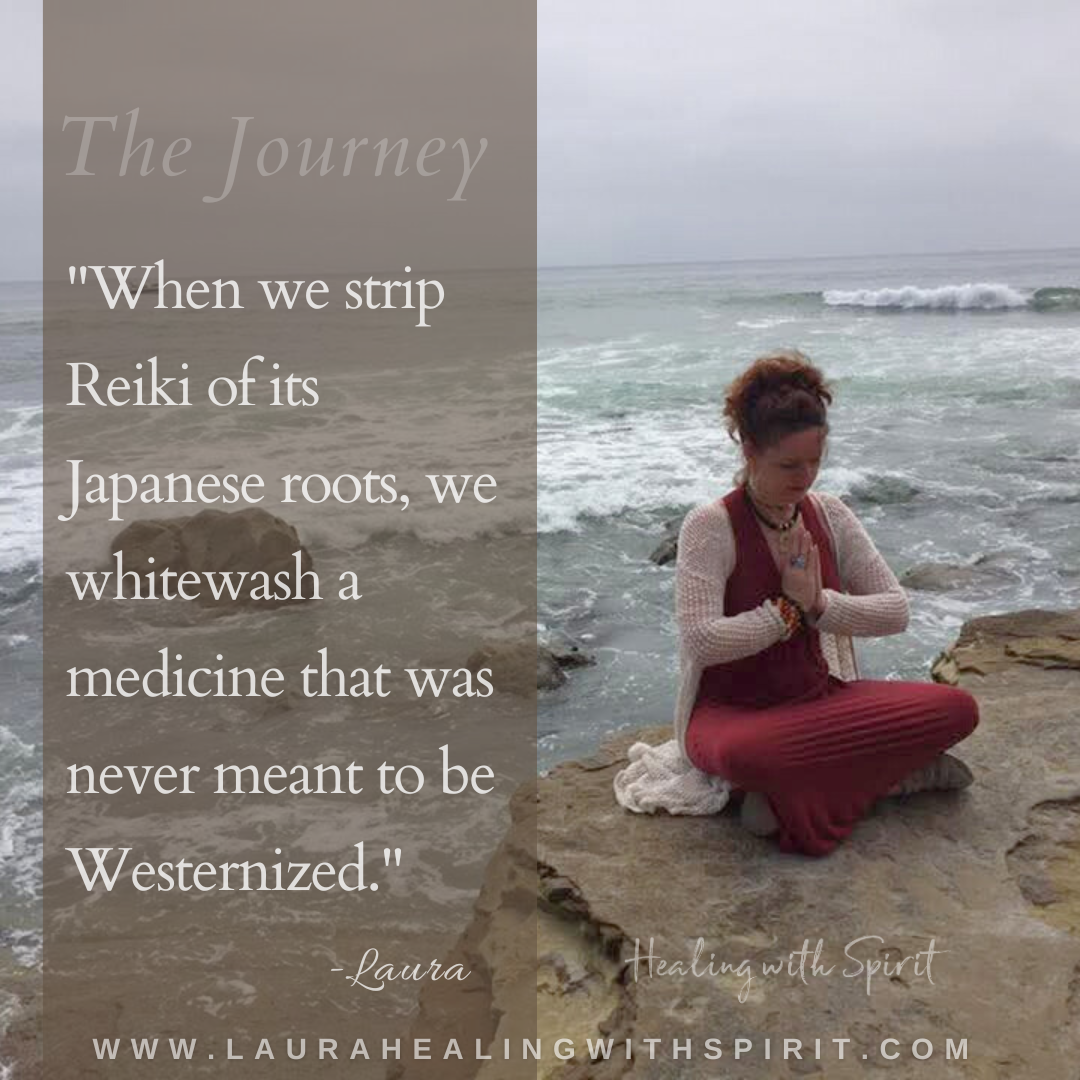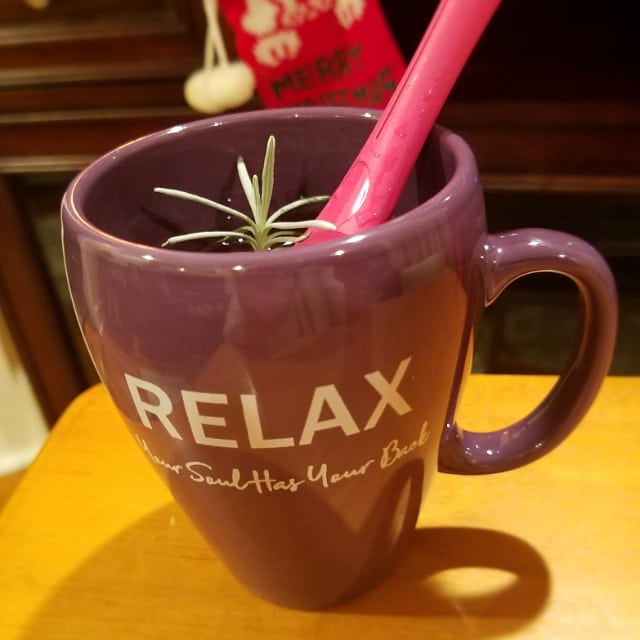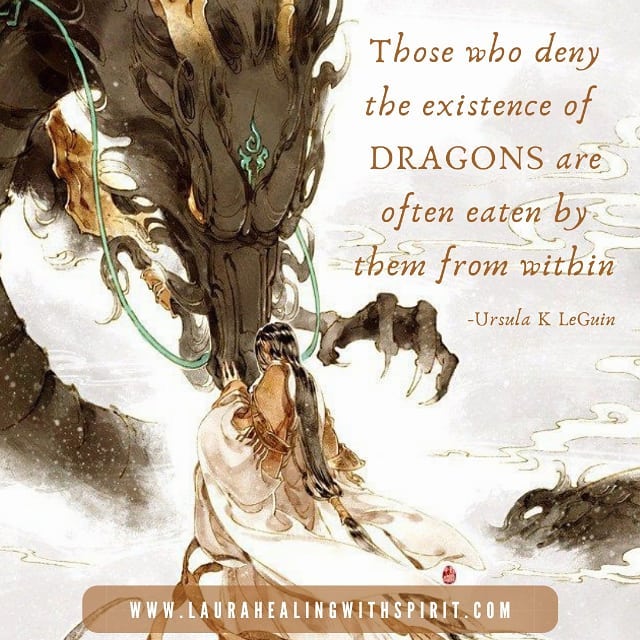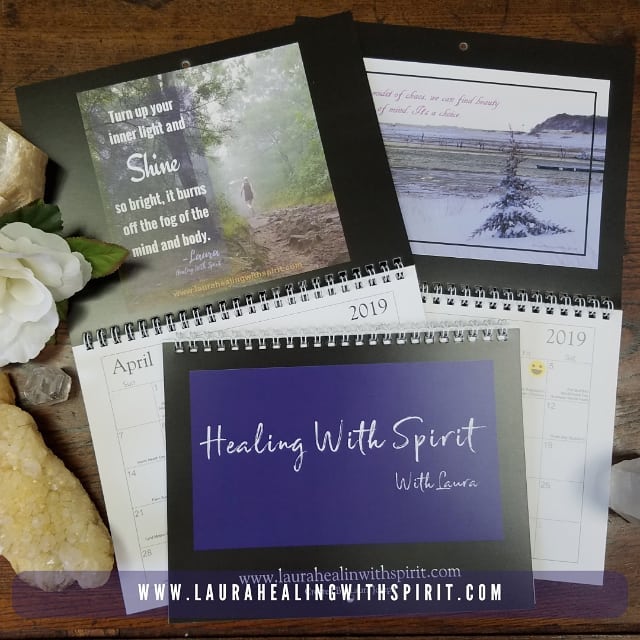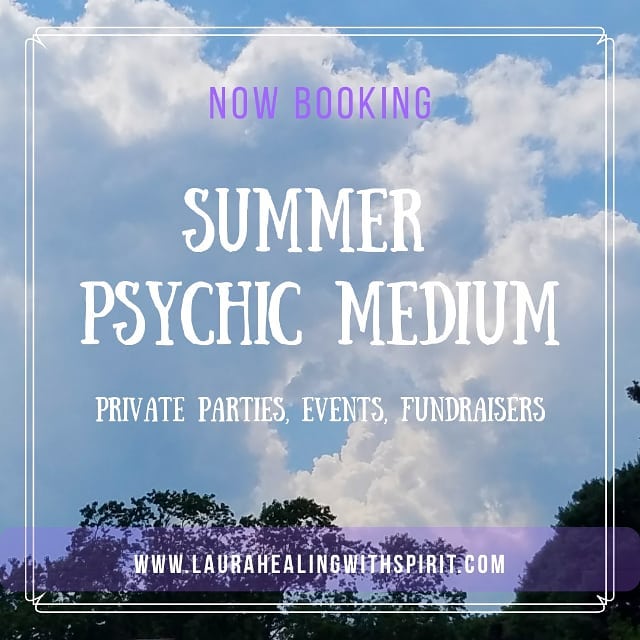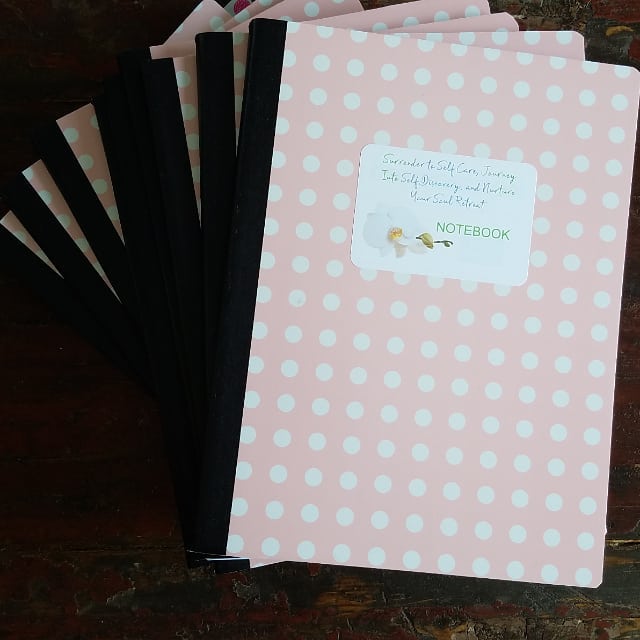This is a must watch or listen for any parent with guest, Ukumbwa Sauti who is an expert in all things men’s work, dismantling patriarchy, & conscious consent.
We talked about a recent incident locally where adults “innocently” published a photo of minor boys insinuating they were naked behind signs saying they will wash your adult cars for you.
We ask that you watch with an open mind through a different lens than maybe what you had before. We understand you might find this conversation triggering. We ask you to pause before jumping to reactionary mode.
This conversation is NOT to blame anyone, but to open a conversation about a topic that is typically silenced and how we, as a society, as a culture, have normalized certain unhealthy behaviors that can have detrimental consequences for generations to come.
Let’s change this narrative, shall we???
Considering the following stats per (NSVRC) :
- 1:5 women in the United States experienced completed or attempted rape during their lifetime.
- 24.8% of men in the U.S. experienced some form of contact sexual violence in their lifetime
- 1:3 female victims experienced rape for the first time between the ages of 11 and 17.
- 1:4 male victims experienced rape between the ages of 11 & 17
- Only 25% of rapes in 2018 were reported to the police.
- 1:4 undergraduate women experienced sexual assault or misconduct at 33 of the nation’s major universities
In this episode, we talk about
- the community backlash when addressing this issue
- the subtleties of mixed message signaling
- the harmful influence it has on children
- the bystander impacts
- how systemic issues created blind spots that on the surface can appear comical & funny
- Why this kind of messaging is problematic
- The “NOT intentional sexualization of teenage boys” (as someone in the local community put it) – and the gateway to unintentional grooming practices by predators & rapists that blur healthy boundaries & potential put our children in harm’s way.
Most survivors I’ve encountered self-shame because of imprinting placed upon them by a culture of abuse.
Let’s change this narrative.
In this episode we offer 5 things we can do now to begin that shift & BE a part of the solution.
Additional Resources:
- National Sexual Violence Resource Center: https://www.nsvrc.org/statistics
- Rape, Abuse and Incest National Network’s (RAINN) https://www.rainn.org/ or call their National Sexual Assault Hotline 800.656.HOPE (4673) to be connected w/ a trained staff member from a sexual assault service provider in your area
- CDC ACE Study, click here
- The Relation Between Adverse Childhood Experiences and Adult Health: Turning Gold into Lead, click here
- The Bystander Effect, click here
- Healing Trauma Archives (click here)
How Can Your Support Our Initiative?
1) Please like, comment, share these posts
2) Follow Healing Trauma Through Spirit on Facebook (click here) and Instagram (click here) – Add help us with the algorithms by sharing, liking, and commenting on our content.
3) Become PATREON Member (click here) for a little as $5 a month.
Help support our mission to BE a solution in the epidemic of unresolved unhealed trauma in society & culture of unhealthy trigger responses through healing, emPOWERment, events, speaking, and writing.
Plus, get discounts up to 50% OFF on Private sessions, events, classes, retreats, good karma and more.
4) Learn how to turn triggers into a power, click here.
5) Stay in the loop, subscribe to our email list
About the project:
We’ll feature a different guest w/ each episode sharing experiences & solutions w/ the greatest epidemic of our times world – an epidemic of unrecognized unhealed unresolved trauma that is placing misguided burdens on our society, increasing rates of chronic illness, mental illness, & addictions & stressing an already taxed broken healthcare system ill-equipped to treat root issues because it is NOT profitable.
Our goal is to highlight & address the commonalities all these issues share that plague our society including:
- Racism
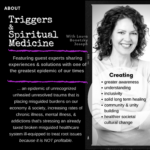
- Domestic violence
- LGBTQ discrimination
- Homelessness
- Addiction
- Women’s rights
- Sexual violence
- Discrimination
- Systemic oppression
- Genocide
- & more
By highlighting what all these issues share in common, we hope to create
- greater awareness
- unity building
- understanding
- inclusivity
- solid long term healing
- community building
- societal cultural change
In this project, we hope to offer
- practical tangible solutions for change
- healing of unrecognized trauma held w/in the body
- increased empowerment
- increased sovereignty
- experientials
- how to’s
- & more
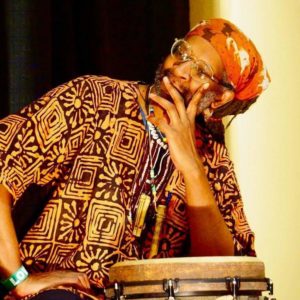 ABOUT UKUMBWA:
ABOUT UKUMBWA:
Ukumbwa Sauti, M.Ed. is an educator, facilitator, speaker and consultant. His areas of work include his Men’s Work Initiative, Conscious Consent, anti-patriarchy, anti-racism, environmental issues, Indigenous spirituality and media studies.
Ukumbwa Sauti has taught cultural media studies engaging issues of race, sex and gender oppression, class, colonialism, modernity and technology. He has presented in academic, spiritual/cultural and community venues and taught classes on consent, sexual and intimate safety in sex-positive conferences and organizations for more than 15 years.
Ukumbwa currently runs an initiative called Men’s Work, engaging men and others in the process of interrogating and dismantling patriarchal privilege and power, toxic masculinity, misogyny and homophobia. He runs on-ground and online groups and events.
Ukumbwa consults with organizations and communities around issues of social justice, diversity and inclusion and sexual harassment.
Facebook Men’s Work Initiative, click here.
Website: www.worldancestorconcert.com
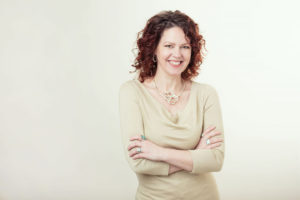 ABOUT LAURA & “MY WHY” (on this series specifically)
ABOUT LAURA & “MY WHY” (on this series specifically)
I am a truth seeker & change maker. I highlight the shadows on topics most shy away from & invite difficult conversations on topics typically silenced. I’ve been this way for over 50 years.
As a professional healer, spiritual mentor, advocate & multiple trauma survivor (child abuse, sexual assault, attempted sexual abduction & domestic violence) who witnessed a lot & experienced my fair share of issues & my dedication spanning almost 20 years in healing the roots to the broken me, I see what is broken.
I’ve learned what works & what does NOT and I am here to share what works through the muck of what does NOT. Together let’s break the cycle of the continued perpetuation of unresolved unacknowledged unhealed trauma for a healthier world for all.

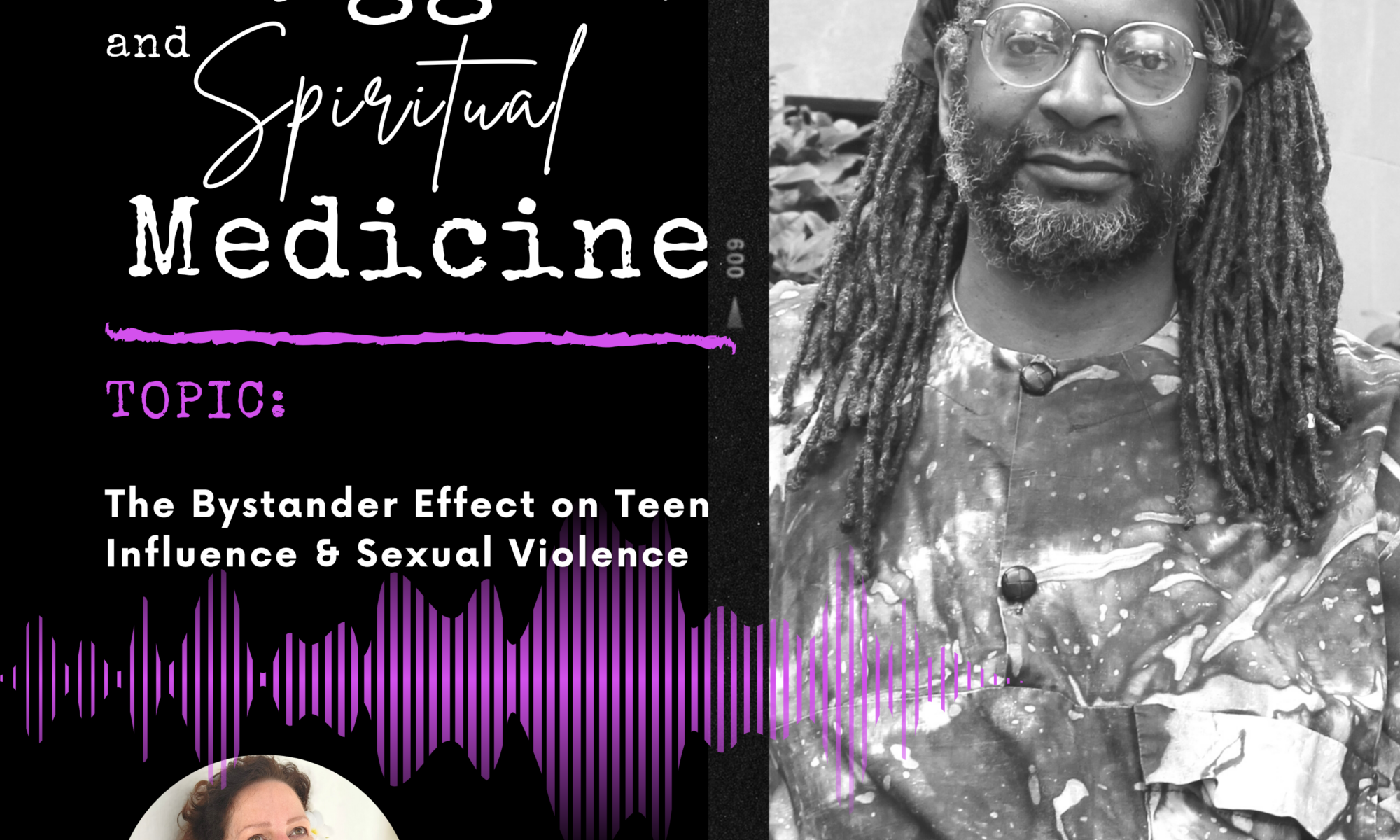
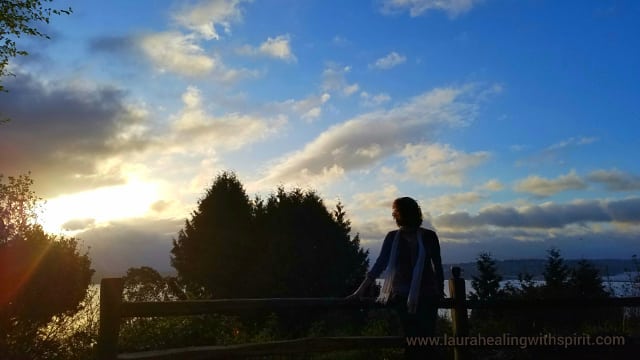
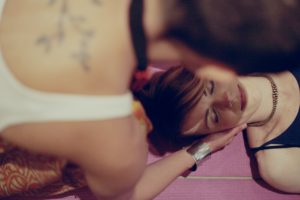
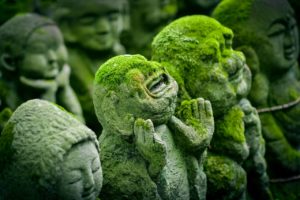
 Join in the conversation
Join in the conversation 

